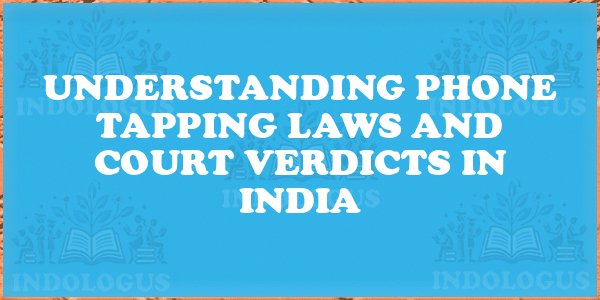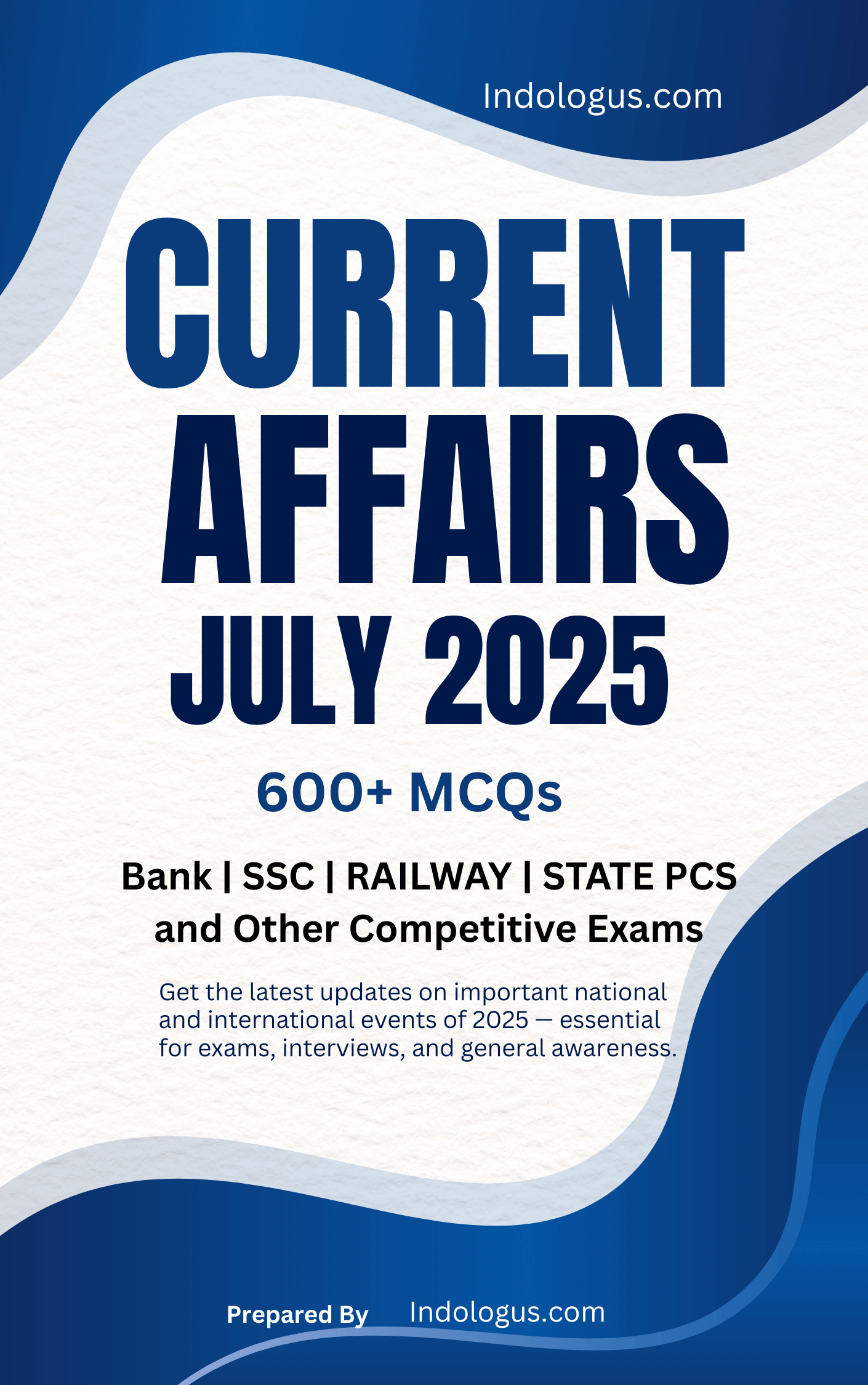In 2025, significant legal developments have brought attention to the legality of phone tapping by the government in India. The Madras and Delhi High Courts have delivered differing verdicts on authorizing phone interception before a crime occurs, highlighting the delicate balance between state security and individual rights under Indian law.
Legal Framework for Phone Tapping
- Indian Telegraph Act, 1885: Governs phone tapping in India, allowing interception only in cases of public emergency or safety under Section 5(2).
- Indian Post Office Act, 1898: Also relevant to phone interception.
- Information Technology Act, 2000: Regulates interception of online communications.
High Court Verdicts on Pre-Crime Phone Tapping
- Delhi High Court: Upheld phone tapping in a corruption case involving a significant contract, citing threats to public safety due to the scale of the offense.
- Madras High Court: Invalidated interception in a bribery case, emphasizing that tax evasion does not constitute a public emergency and highlighting procedural errors in authorization.
Constitutional Safeguards and Procedures
- Strict Safeguards: Set by the Supreme Court in 1997 to prevent misuse of interception orders.
- Authorizing Authority: Only the Home Secretary at state or central levels can approve tapping orders.
- Review Committee: Comprising senior officials must evaluate orders within two months.
Privacy, Security, and Implications
- Privacy vs. Security: The contrasting court rulings reflect the ongoing struggle between individual privacy and national security concerns.
- Interpretations: Influence the future exercise of surveillance powers, especially regarding pre-emptive interception before crimes.
Evolving Communication and Legal Landscape
- Information Technology Act: Adapting to challenges posed by digital communication, including encrypted and internet-based messages.
- Legal Adaptation: Continues to address the balance between lawful interception and privacy rights in the digital era.
Key Takeaways for Competitive Exams
- Phone tapping in India is primarily regulated by the Indian Telegraph Act, Post Office Act, and Information Technology Act.
- High Court rulings on pre-crime interception highlight the complexities of balancing individual rights and state security.
- Strict safeguards and procedural norms are in place to prevent misuse of interception orders and protect fundamental rights.
- The evolving legal landscape is adapting to challenges posed by digital communication, emphasizing the need to balance security and privacy rights effectively.




